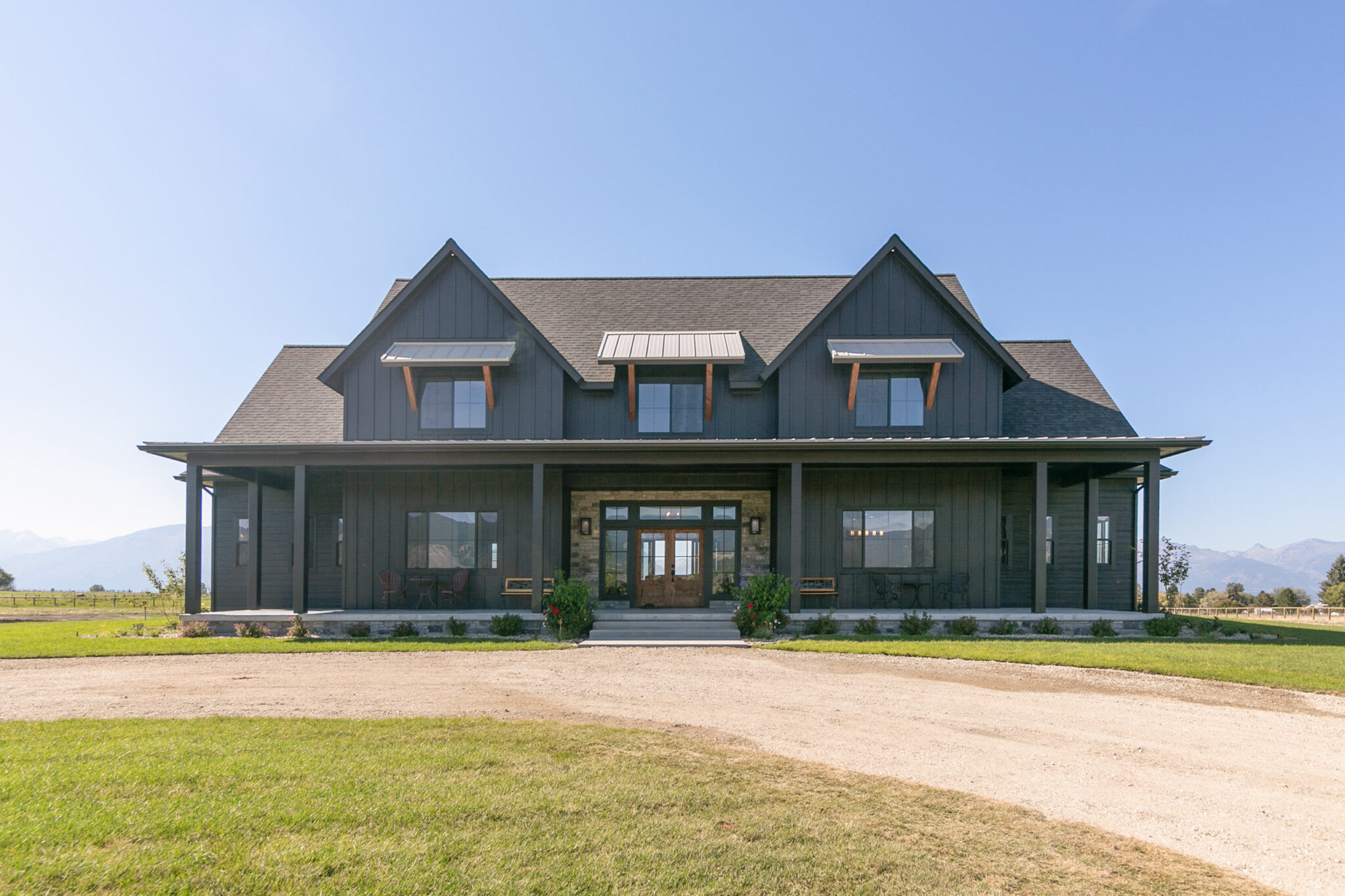How Much Does it Cost Per Square Foot to Build a Home?
A new house will probably cost between $225 and $400 per square foot. Yes, that is a huge range... read on to find out why:

In one form or another, this question is one of the most frequent requests we receive. Unfortunately, it is also one of the few questions that we simply cannot answer very specifically. Can you tell me how much it costs to take a vacation or send my kids to college? How much should I expect to spend on a new car? What is the “average cost” of a dinner for two, or a wedding dress, or a fishing boat, or a gallon of gas?
All of the above questions contain so many variables that it is impossible for anyone to answer them accurately without first asking several additional questions and gathering much more information. The same is true when calculating the cost to build a new home of a specific type or size or quality level, at any given time, on a certain piece of property, in a specific location somewhere in the world.
Let’s begin by considering what square foot homebuilding costs really are — nothing more than the total cost of the home divided by the total number of heated square feet in that home. So, a 2,000 square foot home with total construction costs of $500,000 would cost $250 per square foot to build. Spend another $100,000 on a gourmet kitchen, an elegant master bath, wood flooring with slate tiles in the foyer, 9 foot ceilings, or any other combination of “above standard” features or finishes and that same 2,000 square foot house would now cost $300 per square foot to build; an increase of 20%.
Now consider the structure itself. If the house in question is a ranch style, with all of the finished area on one floor, the foundation and roof would both have to be large enough to cover the entire 2,000 square feet of living space. Turn that single level rancher into a two-story colonial and the total size of both the foundation and the roof are instantly reduced by 50 percent because the two floors fit into the same foundation and roof spaces and the second floor system became the “roof” for half of the area on the first floor. Increase the roof pitch from 3/12 to 12/12 and the roof area (including framing members, sheathing, shingles) quickly increases by 35 percent. Of course, these examples are oversimplified because they don’t consider any other differences like the need to add the cost of stairs and take away the space they occupy, or in the case of a slab-on-grade foundation, the difference between the cost of a concrete slab verses a wooden floor system, but hopefully the point has been made. Costs of similarly sized homes can also vary considerably due to the shape of the building, the number of corners or offsets in the design, the type of foundation and required local footing depth, the pitch of the roof, and many other design characteristics that are not directly related to the size of the house.
Other considerations would be if the home was single story or two story; the type of foundation and floor system; the pitch of the roof (steeper pitches increase the size, and therefore cost, of the roof); the shape of the building and the number of corners or offsets in the design (square or rectangular shapes are the least expensive); the number of windows; the height of the ceilings; the size of the garage; zoning laws, covenants, impact and connection fees required by local government agencies; number and size of decks or covered porches, patios, sidewalks, landscaping, as well as site specific costs such as power connection, natural gas or propane, the well, septic system, and the length/width/type of the driveway.
There really isn’t any uniform method of defining what is included in any given square foot price. Local contractors might be able to quote “average” homebuilding costs and figures, but before you put too much faith in “average” numbers, keep in mind that the only house that you really care about is the one that you are about to build.
The best approach to determining how much your new home will cost might be to simply work backwards. Start by determining your budget.
- If you will be working with a finance company, how much do you qualify for?
- How much are you comfortable spending?
- Do you want/need more sq. ft. or upgraded amenities?
Find a reputable builder and discuss the house that you would like to build and your budget. This is the best way to get an accurate construction cost for the specific home that you are about to build.
*Thanks to B4UBUILD.COM for providing some of the information found above
Have Questions?
Contact us today to get a customized accurate cost analysis for your new home!